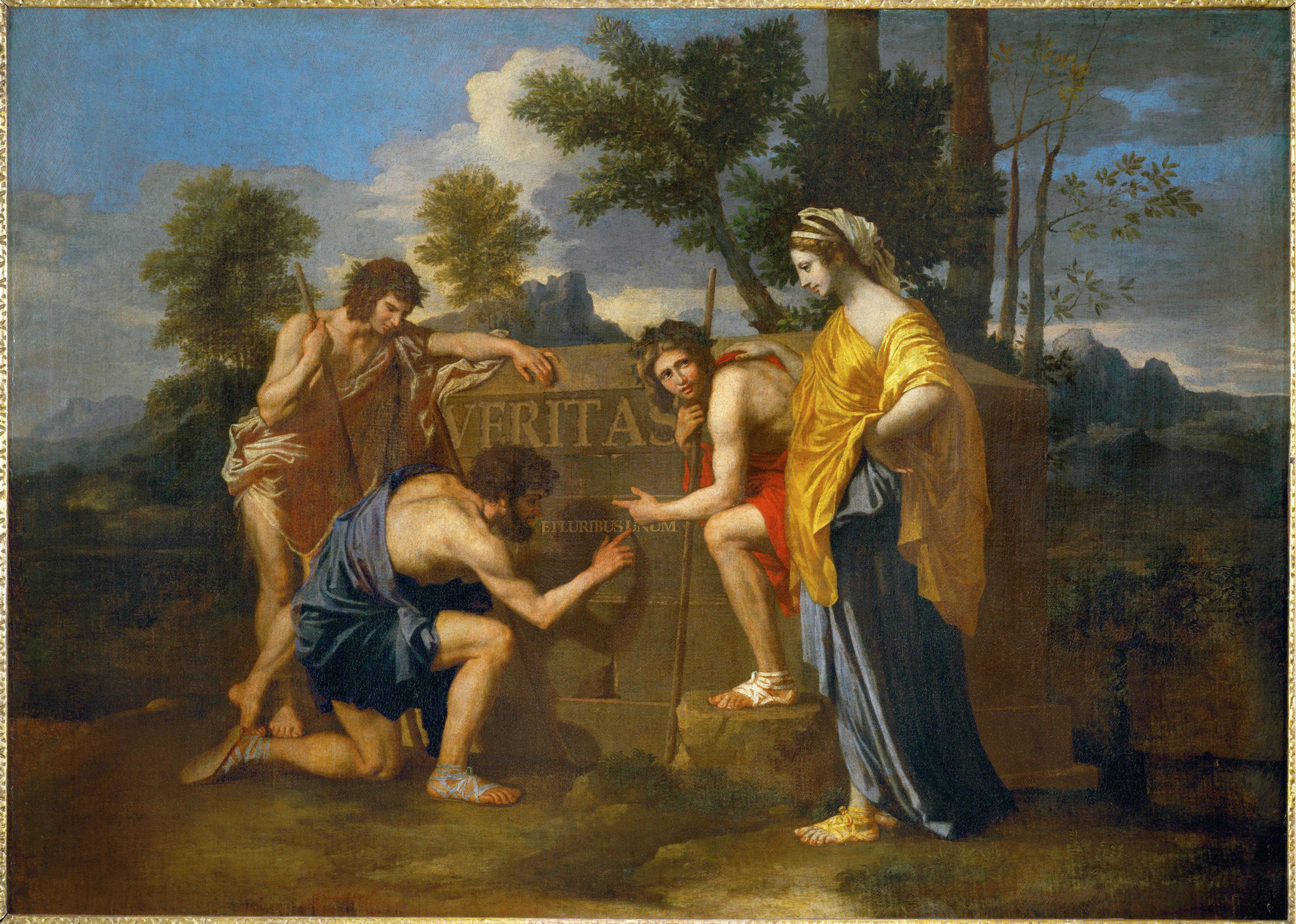Impact of Government Policies , Insights into Policy Making, Underst…
페이지 정보

본문

In more current times, the concern of athlete advocacy has actually gotten prominence, with stars like LeBron James using their systems to speak up on racial justice, gun violence, and other social concerns. The "Black Power" salute by Tommie Smith and John Carlos at the 1968 Olympics, the "I Can not Breathe" t-shirts worn by NBA players in uniformity with the Black Lives Issue motion, and Megan Rapinoe's advocacy for LGBTQ+ civil liberties are all testimony to the enduring heritage of athletes as representatives of adjustment in the political arena.br/ >
Political news plays a considerable function in shaping the narrative around sports occasions, affecting how tales are framed, which professional athletes are highlighted, and what problems are prioritized in media coverage. The intersection of politics and sports commonly results in arguments about the appropriate duty of professional athletes in political discussion, with some suggesting that sporting activities need to remain apolitical, while others contend that athletes have a obligation to use their platform for social good. News electrical outlets play a essential function in mediating these disputes, forming popular opinion and driving discussions regarding the partnership between sports and politics.br/ >
Among this convergence, the limits in between these domain names blur, generating a landscape where sports occasions end up being fields for political declarations, and political numbers use sports as a way of getting in touch with the general public. Whether via polite boycotts of significant showing off events or athlete-led protests on social justice concerns, the interaction of national politics, sporting activities, and information remains to evolve, shaping narratives that resonate far past the playing field.br/ >
In addition, political growths can straight impact sporting activities protection, with problems such as doping scandals, corruption examinations, and geopolitical tensions impacting just how sporting occasions are represented in the media. The intertwining of political news and sports insurance coverage highlights the interconnected nature of these worlds, highlighting exactly how more comprehensive social problems can intersect with the world of sports, developing a rich tapestry of stories that astound target markets and spark discussions.br/ >
Among the enduring discussions in this world is the inquiry of whether sports companies and controling bodies need to take a stand on political problems. From human rights infractions in host countries to prejudiced policies within sporting activities leagues, the stress is installing on sporting activities organizations to align their practices with wider honest factors to consider. The stress in between commercial passions, political stress, and social worths underscores the intricacies inherent in the junction of sporting activities and national politics, questioning concerning responsibility, honesty, and the role of athletes as agents of change.br/ >
The mixing of national politics and sports has not been without its debates, with discussions commonly occurring over the ideal borders in between athletic competition and political expression. Movie critics argue that injecting national politics into sports can diminish the purity of the game, estrange followers who hold varying views, and sidetrack from the primary objective of athletic competition. On the other hand, supporters of professional athlete advocacy compete that sports have constantly been intertwined with political and social issues, and that athletes have a right-- and a duty-- to use their system to advocate for causes they think in.br/ >
Politics exerts a significant influence on the world of sporting activities, affecting everything from professional athlete eligibility to holding civil liberties for significant tournaments. Government policies, funding decisions, and international relationships all contribute in shaping the showing off landscape, figuring out where competitions are held, which professional athletes can take part, and exactly how sports are controlled at both the nationwide and worldwide levels. The junction of politics and sporting activities is probably most visible throughout mega-events such as the Olympics, where geopolitical tensions and diplomatic factors to consider often pertain to the fore.br/ >
- 이전글Site Web Professionnel : L'Importance d'une Présence en Ligne de Qualité 24.07.03
- 다음글7 Easy Secrets To Totally Rocking Your Mesothelioma Lawsuit 24.07.03
댓글목록
등록된 댓글이 없습니다.